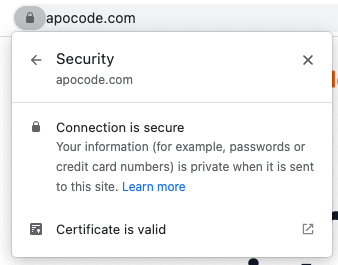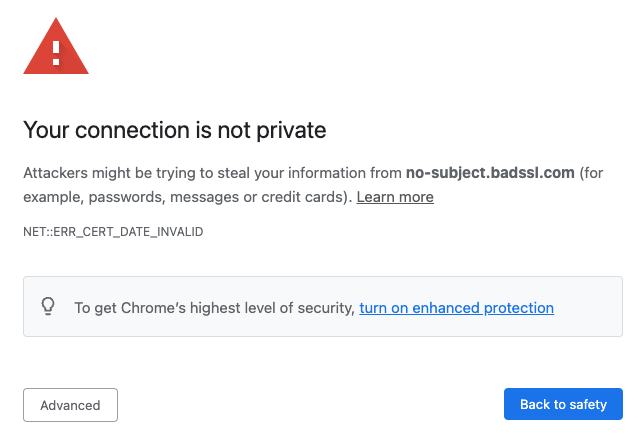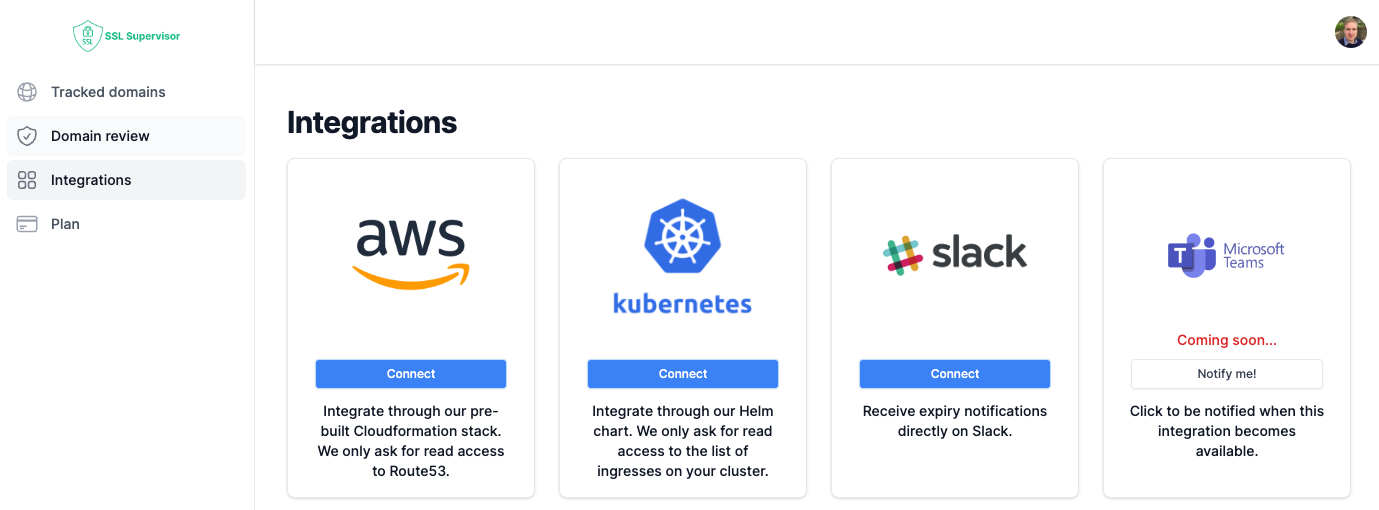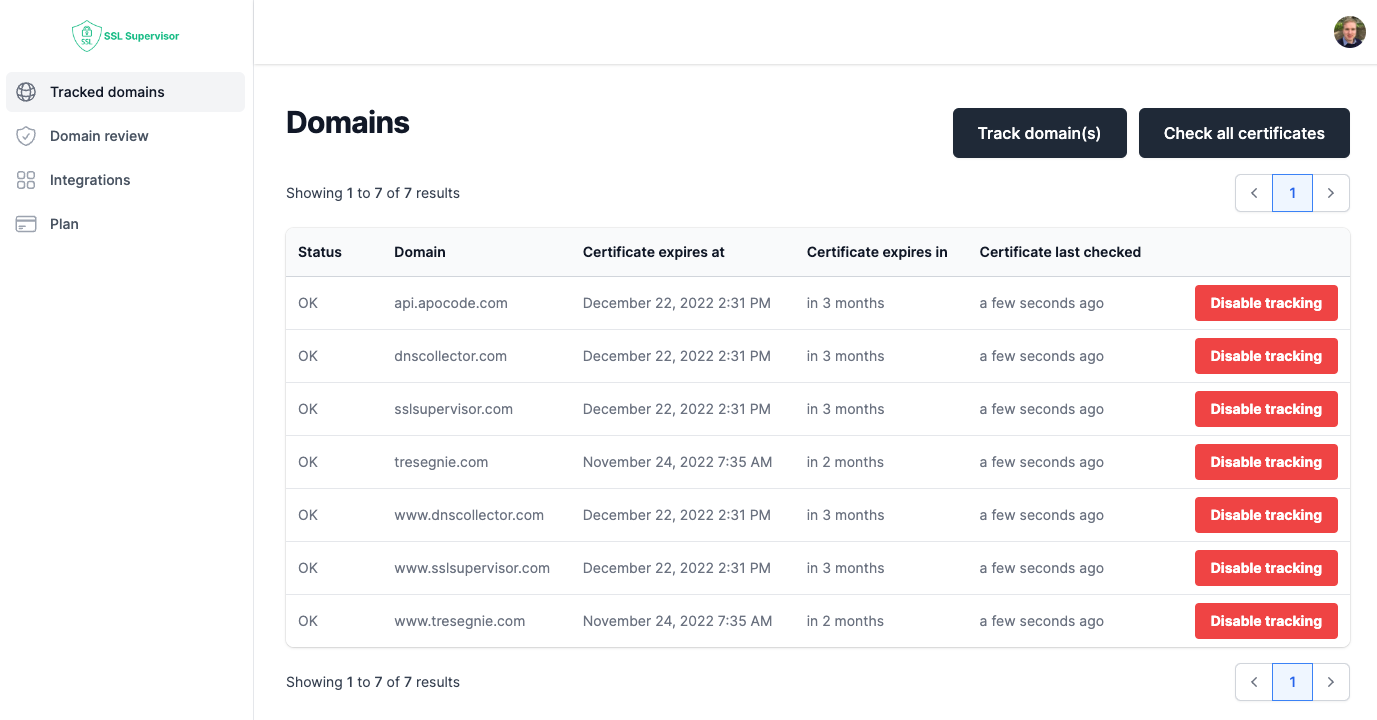The micro-SaaS challenge: Day 20 (Building Apocode #4)

I wrote previously about my intention of creating and launching 10 micro-SaaS products in 100 days, while building Apocode (a UK-based startup helping entrepreneurs create SaaS products without writing code).
Ten days ago, I announced the first micro-SaaS. This article introduces the next one.
The problem
For the second micro-SaaS, I decided to solve another problem I have faced many times in the past: the tracking of the expiry of SSL certificates.
Secure Sockets Layer (SSL) and its successor, Transport Layer Security (TLS), are what protect your data in transit when accessing a website.

From a user's perspective, it is very simple: if you can see a padlock in your address bar, it means that no one can snoop on the traffic between you and the website.
To create that secure connection with your browser, the website owner has to install an SSL/TLS certificate. These certificates are usually valid for between three months to a year. When they expire, or are not installed properly, users see an error similar to the following:

These errors should be avoided at all costs, as they can make the website look dodgy and break trust with users.
At one of my previous jobs, we were using more than a hundred domains and sub-domains (and therefore certificates) for different products, services, and environments. Tracking their expiry dates was both tiresome and boring. Over the years we found a few tools to ease the pain, but they were expensive and could only track a predefined list of certificates. So we had to write extra code to keep that list up to date.
My second micro-SaaS, SSL Supervisor, solves this problem more elegantly by collecting the list of domains automatically from AWS and Kubernetes. Then it lets users choose which of these domains should be tracked. Expiry notifications are sent either by email or directly on Slack.

I am already using it in production to track Apocode's certificates, and have found it particularly useful in tracking custom domains set up by customers.
SSL Supervisor is free until the end of the year. You can try it here.

Building Apocode
Building 2 micro-SaaS in 20 days has been quite intense.
For the first micro-SaaS, I spent days 1 to 6 coding the core features in a modular fashion, with the intention of reusing them in other products. Luckily these efforts are already paying off, as I managed to set up the base of the second micro-SaaS using these modules in only 4 days. The third one will hopefully be even faster.
Here are a few examples of features I was able to reuse in both projects:
- Authentication flows: The registration, login, logout, and password reset flows use the same code but different brandings.
- Static pages: The static pages of both micro-SaaS have the same structure but different content.
- Integrations: The integrations with AWS, Kubernetes and Slack are reusable.
- Dynamic pages: Most application pages are configured automatically for each micro-Saas. For example, the data loading and pagination mechanisms were implemented only once.
By the end of the 100-day challenge, it should be possible to create the core of a SaaS product through Apocode in just a few minutes. After that, the next step will be to extend the range of features offered by Apocode to enable the creation of more complex products.
Now onto the third!
If you want to provide feedback or follow the journey, you can join Apocode's product waitlist, subscribe to my blog, follow me on Twitter, or email me at nicolas@apocode.com